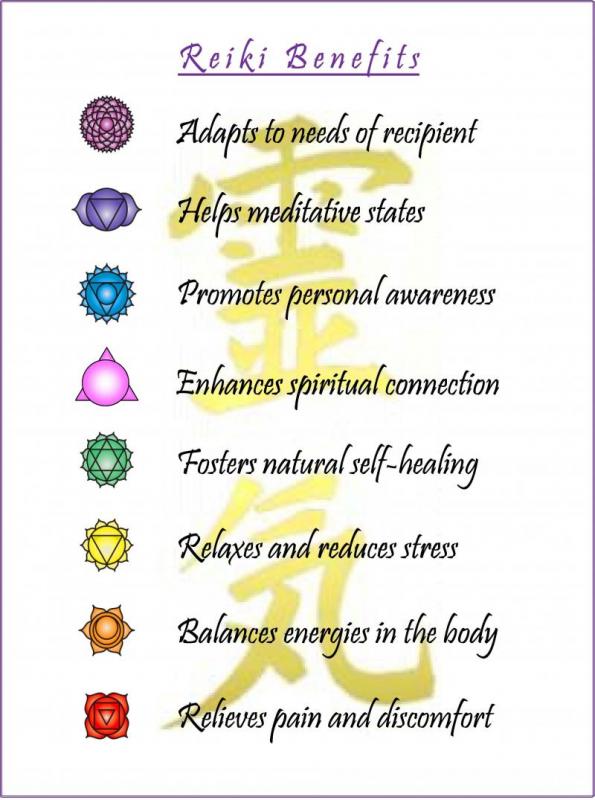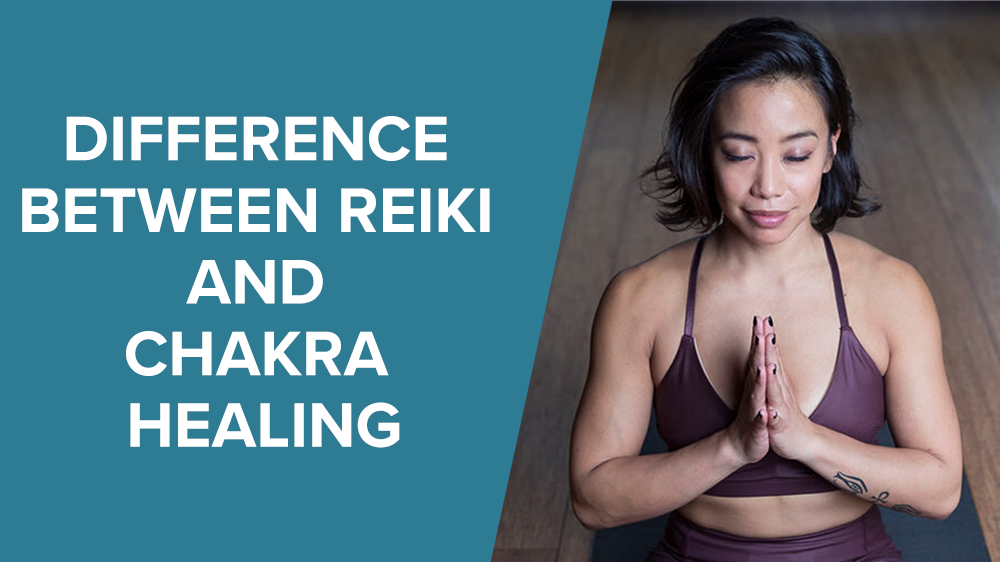In the world of alternative healing practices, Reiki and chakra healing are two popular methods that aim to restore the body’s energy flow and balance. While both techniques focus on revitalizing the body’s energy centers, they have distinct approaches that set them apart. Reiki practitioners harness the power of universal life force energy to promote healing and relaxation, while chakra healers target specific energy centers in the body to restore balance and alignment. By understanding how these methods differ, you can choose the approach that resonates with you and best supports your overall well-being.
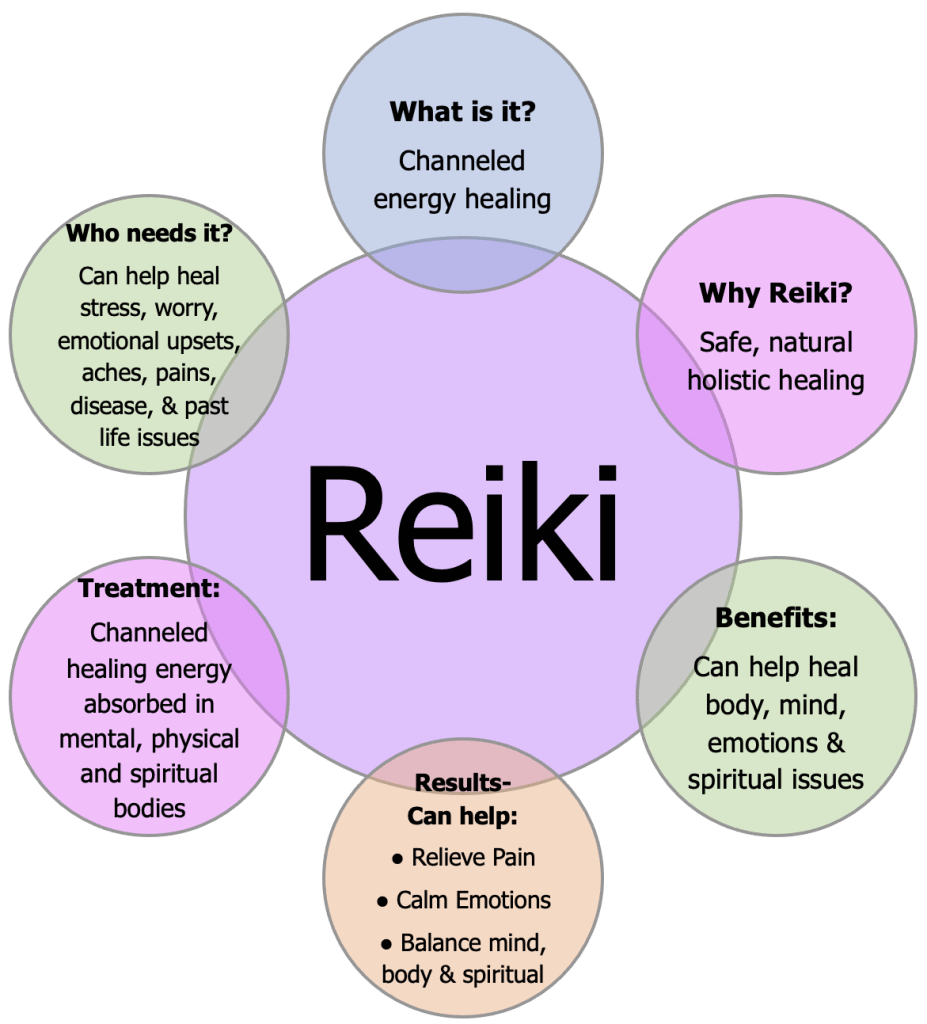
Different Perspectives on Energy Flow
Reiki Practitioners
Reiki practitioners believe that energy flows through the body and that imbalances or blocks in this energy can lead to physical, mental, and emotional health issues. They focus on using their hands to channel universal life force energy to the recipient, helping to clear any blockages and promote healing. Reiki practitioners see energy as a holistic concept, considering the entire body and its energy centers, known as chakras, to be interconnected.
Chakra Healers
Chakra healers share a similar belief in the importance of energy flow, but their approach to balancing energy is centered around the chakra system. They view the body as having seven main energy centers, each associated with different aspects of a person’s physical, emotional, and spiritual well-being. Chakra healers work to identify and heal imbalances or blockages within specific chakras, using various techniques such as visualization, crystals, sound therapy, and meditation.
Conceptual Understanding of Energy
Reiki Practitioners
Reiki practitioners perceive energy as a universal life force that is present in all living beings. They believe that this energy can be accessed and channeled to promote healing and well-being. Reiki practitioners often describe their work as the act of transferring this energy to the recipient, aiding them in releasing negative or stagnant energy and restoring balance to the body.
Chakra Healers
Chakra healers view energy as a vital life force that flows through the body’s chakras. They see each chakra as a spinning wheel of energy, with different qualities and functions. Chakra healers focus on ensuring that energy flows smoothly through each chakra, understanding that imbalances or blockages can lead to physical or emotional disturbances. They work to bring balance and harmony to the chakra system, aiming for optimal energy flow throughout the body.
Focus of Healing Techniques
Reiki Practitioners
Reiki practitioners concentrate on using their hands to transmit healing energy directly to the recipient’s body. They employ a series of hand positions, either by gently touching or hovering their hands above the body, to allow the energy to flow. Reiki practitioners believe that their role is to be a conduit for universal energy, trusting that the energy will go wherever it is needed most by the recipient.
Chakra Healers
Chakra healers focus on balancing and aligning the body’s chakras to ensure optimal energy flow. They employ various techniques such as visualizations, affirmations, meditation, and energy healing tools like crystals or sound therapy. Chakra healers may also use their hands to sense energy imbalances or assist in the realignment of the chakras, aiming to restore harmony and vitality to the individual’s energy system.
Methods of Energy Manipulation
Reiki Practitioners
Reiki practitioners use a combination of hand positions and intention to manipulate energy. With their hands placed on or near the recipient’s body, Reiki practitioners channel healing energy into the person’s energy field. They believe that their focused intention and connection with the universal life force energy allows them to influence the recipient’s energy, promoting relaxation, balance, and healing.
Chakra Healers
Chakra healers utilize various techniques to manipulate and balance energy within the chakras. Visualization is a common method, where the healer imagines the chakra spinning freely and radiating vibrant energy. Chakra healers may also use crystals, placing them on or around the body, to support energy alignment. Another technique involves the use of sound therapy, where specific vibrations are employed to resonate with and harmonize the chakras.
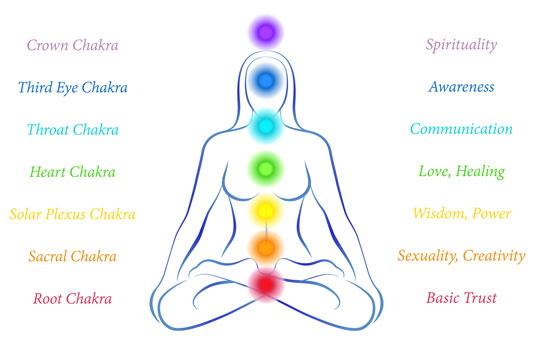
Role of Intuition and Connection with Source
Reiki Practitioners
Reiki practitioners emphasize the importance of intuition and their connection with the universal source of energy. They believe that their intuition guides them in sensing and directing the flow of energy to areas that require healing. Reiki practitioners often trust their inner knowing and rely on their ability to tap into the universal wisdom and loving energy that surrounds and permeates all living things.
Chakra Healers
Chakra healers also value intuition and connection with the divine source of energy, which they believe guides their healing work. They perceive intuition as a powerful tool for identifying imbalances and determining the appropriate techniques or practices to restore harmony. Chakra healers place significant emphasis on developing their intuitive abilities, recognizing the importance of being attuned to their own energy and the energy of the recipient.
Training and Certification
Reiki Practitioners
Reiki practitioners undergo specific training and certification to become proficient in their practice. Training levels in Reiki typically include the first degree (Reiki Level 1), second degree (Reiki Level 2), and master/teacher level (Reiki Level 3). Each level of training equips practitioners with the knowledge and abilities to perform Reiki healing techniques effectively and safely. Certification is often obtained upon the completion of each training level.
Chakra Healers
Chakra healers can acquire training and certification through various programs that focus on the chakra system and energy healing techniques. These programs may encompass knowledge about the chakras, energy anatomy, and different methods for balancing and healing the chakras. Certification is typically granted upon the successful completion of the training program, indicating a practitioner’s proficiency in working with the chakra system and energy healing modalities.
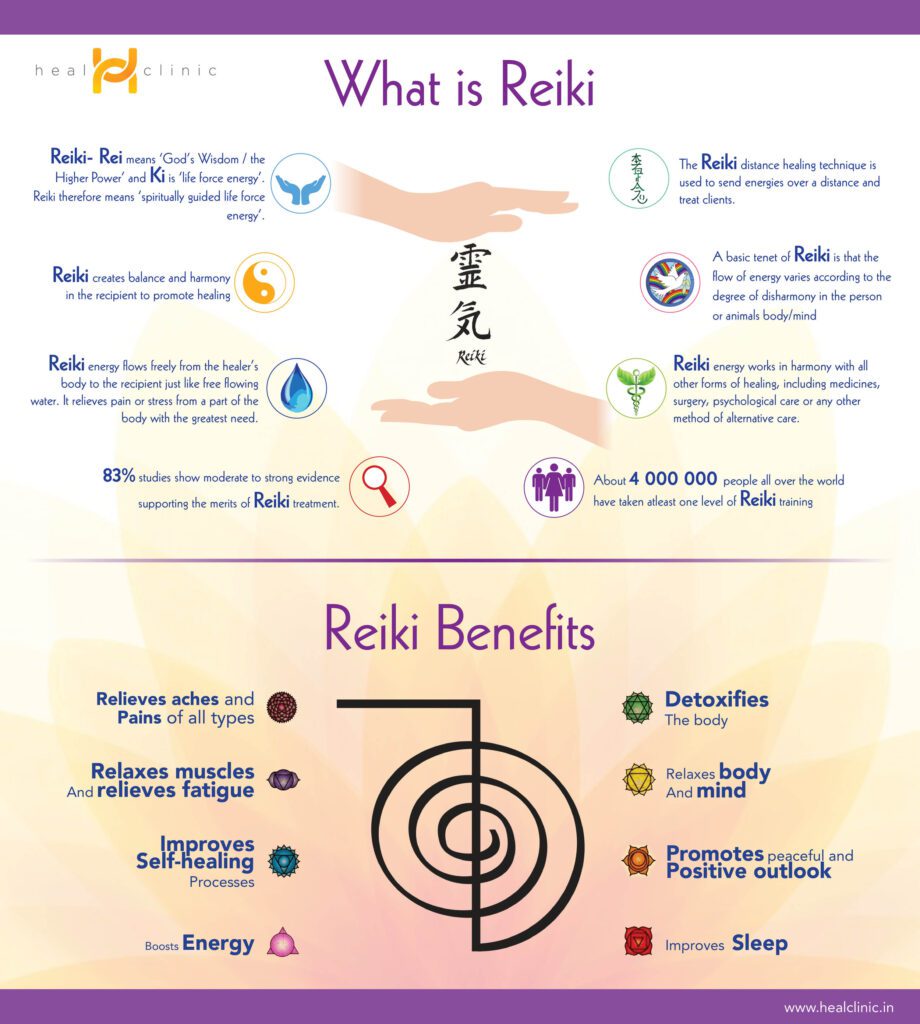
Integration with Other Healing Modalities
Reiki Practitioners
Reiki practitioners often integrate their energy healing practices with other modalities to provide comprehensive healing experiences. They may combine Reiki with massage therapy, acupuncture, counseling, or other complementary therapies. This integration allows for a holistic approach to healing, addressing the physical, mental, emotional, and spiritual aspects of an individual’s well-being.
Chakra Healers
Chakra healers also recognize the benefit of integrating their work with other healing modalities. They may collaborate with practitioners of acupuncture, yoga, or other energy-based therapies to enhance the overall healing process. By combining different healing modalities, chakra healers aim to create a synergistic effect that supports and balances the individual’s energy system from multiple perspectives.
Approach to Client Interaction
Reiki Practitioners
Reiki practitioners typically interact with clients in a calm and compassionate manner. They create a safe and non-judgmental space where clients can share their concerns and intentions for healing. Reiki practitioners often conduct initial interviews or discussions to understand the client’s needs and determine the best approach for treatment. During the healing session, practitioners may provide verbal guidance or simply maintain a quiet presence, allowing the energy to flow and bring about healing.
Chakra Healers
Chakra healers also prioritize establishing a supportive and open environment for their clients. They encourage clients to express their experiences, emotions, and goals related to their energy wellness. Chakra healers may ask questions about the client’s well-being, energy patterns, and any specific concerns related to their chakras. Throughout the healing process, chakra healers actively engage with the client, providing guidance, reassurance, and insights about the energetic aspects of their well-being.
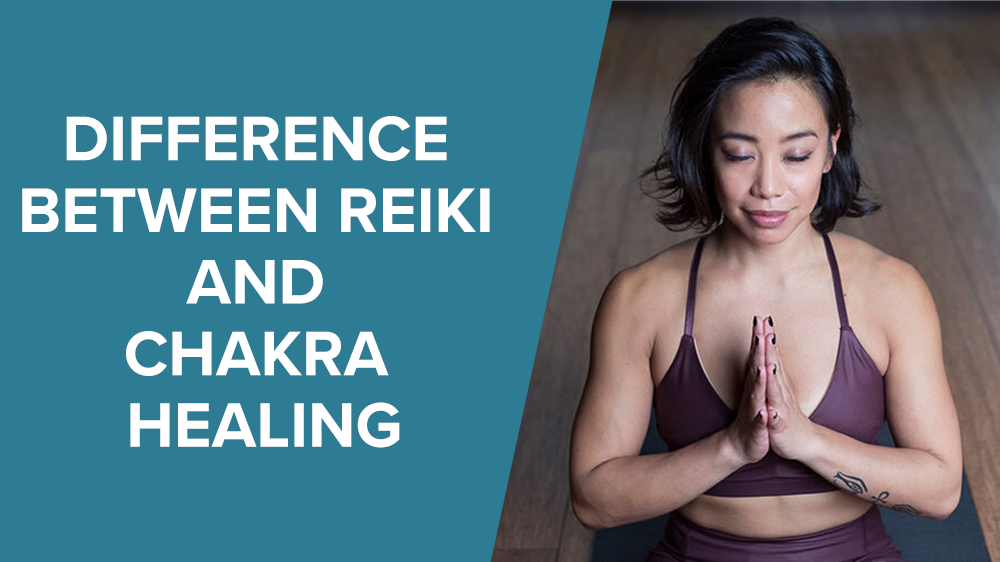
Cultural and Historical Influences
Reiki Practitioners
Reiki has its roots in Japanese spiritual practices. The founder of Reiki, Mikao Usui, drew inspiration from ancient teachings, including Buddhist philosophy and esoteric practices. The cultural and historical influences of Japan permeate Reiki, contributing to its intuitive and spiritual nature. Today, Reiki has expanded globally, integrating with a variety of cultural and spiritual backgrounds, while still honoring its Japanese origins.
Chakra Healers
The concept of chakras originated in ancient India and has been integral to the practices of yoga, meditation, and Ayurveda for thousands of years. Chakra healing draws from this rich cultural heritage and the traditions of Hinduism and Buddhism. The understanding and exploration of the chakra system have expanded beyond India’s borders, influencing spiritual traditions and holistic healing practices worldwide.
Scientific Evidence and Skepticism
Reiki Practitioners
Reiki healing, like other energy healing practices, has been subject to skepticism due to its esoteric nature. While scientific research on Reiki is limited, some studies suggest that Reiki may have positive effects on stress reduction, pain management, and relaxation. Reiki practitioners and their clients often rely on personal experiences and anecdotal evidence to validate the effectiveness of Reiki, recognizing that science may not fully explain the mechanisms behind energy healing.
Chakra Healers
Similar to Reiki, scientific research specifically focused on chakra healing is still in its early stages. However, several studies have explored the connection between meditation, energy healing, and well-being, which indirectly supports the concept and potential benefits of chakra healing. Chakra healers understand that scientific evidence is not the sole basis for their practice, and they value the subjective experiences and improvements reported by their clients.
In conclusion, while both Reiki practitioners and chakra healers share a common belief in the importance of energy flow and balance, their approaches differ in terms of focus, techniques, and perspectives. Reiki practitioners emphasize channeling universal life force energy to promote overall healing, while chakra healers work specifically with the chakra system to restore equilibrium. Regardless of the differences, both modalities offer holistic approaches to energy healing, considering the physical, emotional, mental, and spiritual aspects of an individual’s well-being.
